|
8/2/2016 0 Comments The Hidden Side of Success: Real Scientists Share Stories of Turning Around Failure
By Lauren Koenig
No one likes to advertise their failures. From an evolutionary perspective, this makes total sense. Whether you're looking for a job or starting a new relationship, you need to signal your trustworthiness as a potential candidate. Perception is everything. When perception is mistaken for reality, however, the effects are staggeringly complex. It can be incredibly easy to fall into confirmation bias traps by believing only what you see and forgetting that you're likely not seeing the whole picture. These effects are especially damaging for budding scientists seeking careers in STEM and academia, where constant comparison with peers can lead to imposter syndrome and feelings of depression and isolation. The results are telling in the rates of grad school depression and drop outs, but the problem begins even earlier. For young students it can be difficult to perceive talent and effort as complementary, especially if they lack relatable role models. Students who believe that raw talent is necessary to succeed won't bother putting in initial effort, with self-sabotage as the ultimate outcome. So what is the solution? Research may be working on untangling the variables, but simple storytelling can often provide just the right perception to get students back on track. One paper demonstrated that high school students who learned about personal struggles of famous scientists were more likely to improve their academic scores. By painting a more realistic portrait of STEM careers, students were exposed to a much more accurate representation of the real work behind a success story. Their own frustrations thus appeared far less as limiting factors to success. In turn, more scientists have recently been sharing a CV of failures, an idea first posed by Melanie Stefan, in which they highlight programs, grants, and scholarships they did not win. As Princeton's Johannes Hausehofer writes in his own version of the document, he hopes this will help "balance the record and find some perspective" because "the world is stochastic, applications are crapshoots, and selection committees and referees have bad days". Scientista presents real and honest stories from scientists around the world who faced a variety of challenges in their personal and professional lives. Although they work in different fields, their situations consistently involve personal realization, perseverance, and a willingness to help others feel less alone. We hope their stories help you as well. 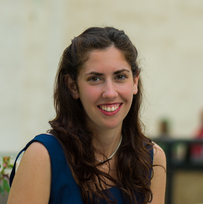
About the Author
Lauren is a PhD student studying behavioral ecology at Michigan State University. Since obtaining her B.A. in biology from Vanderbilt University, she worked on several wildlife research projects throughout North and South America. She is excited to work with Scientista to increase accessibility to research and expand outreach efforts geared for women in STEM. Her experience in science writing includes an internship with publisher John Wiley & Sons Inc., working as science editor for the Vanderbilt McLaughlin neurology lab, and serving on the staff of her university's newspaper. In her free time, Lauren enjoys wildlife photography, kayaking, dance, and going to concerts. Comments? Leave them below! ].com/" data-width="630" data-num-posts="10">
0 Comments
Your comment will be posted after it is approved.
Leave a Reply. |
CONNECT WITH USSUBSCRIBE |
The Scientista Foundation, Inc. All Rights Reserved © 2011-2021 | Based in NY | [email protected]
The Network for Pre-Professional Women in Science and Engineering
The Scientista Foundation is a registered 501(c)(3) -- Donate!
The Network for Pre-Professional Women in Science and Engineering
The Scientista Foundation is a registered 501(c)(3) -- Donate!

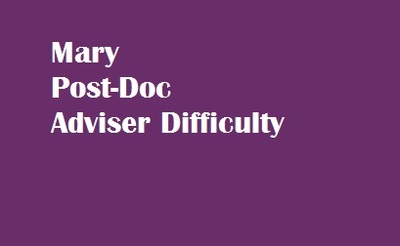

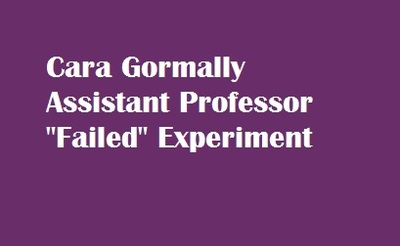

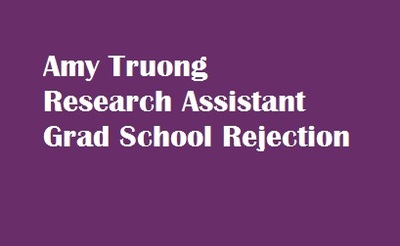
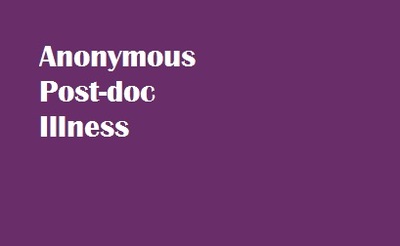
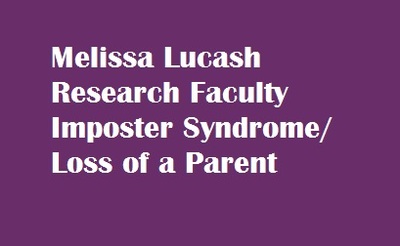
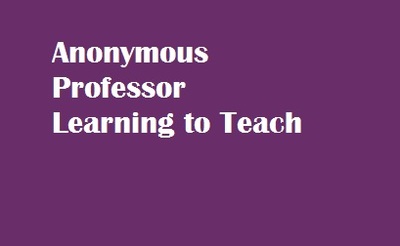
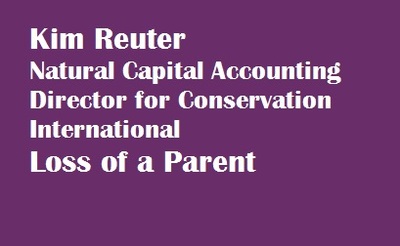
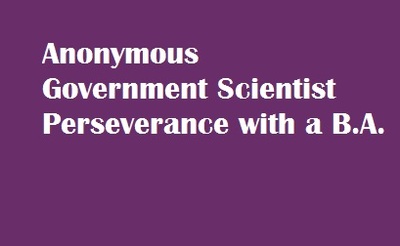

 RSS Feed
RSS Feed